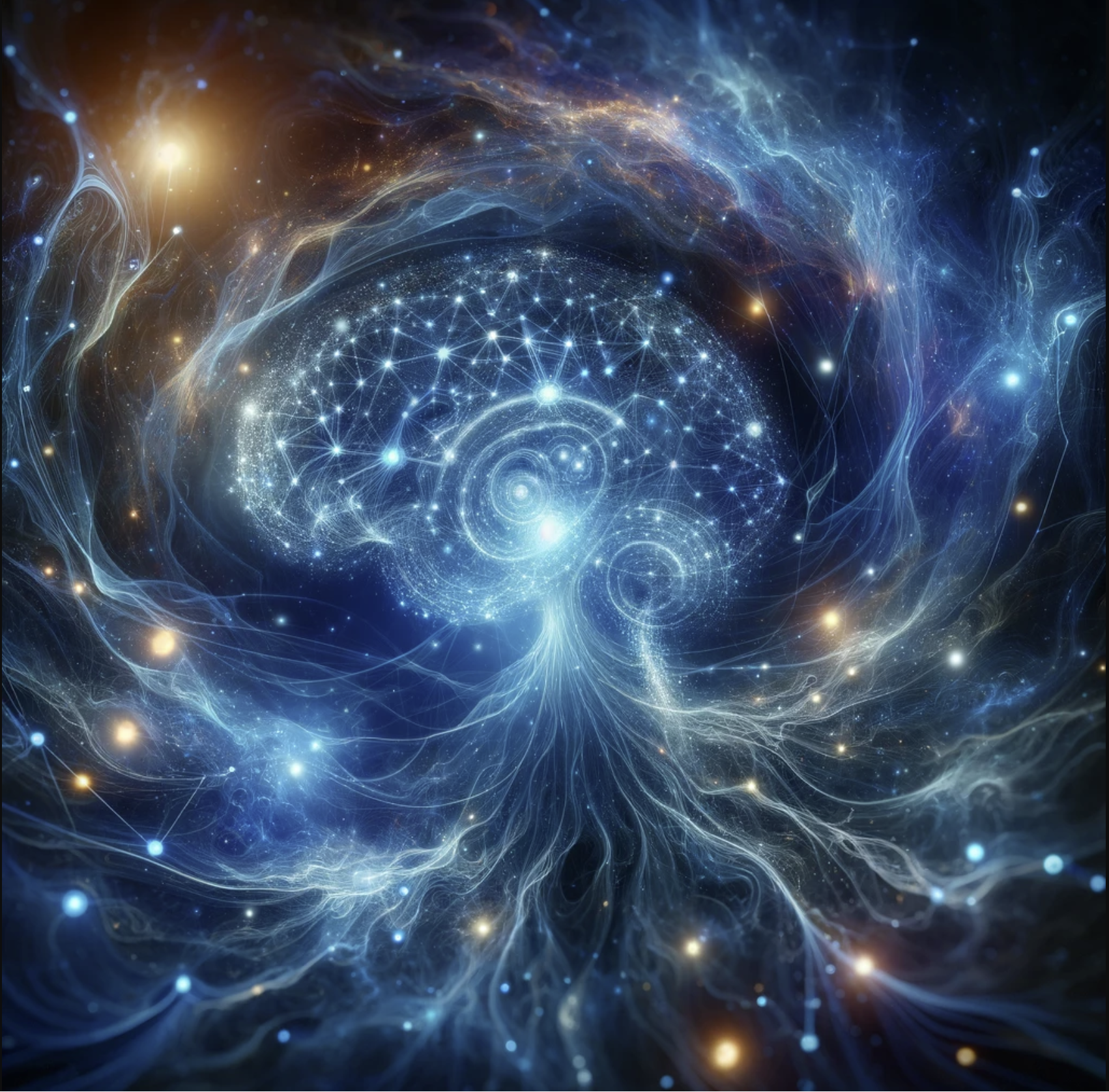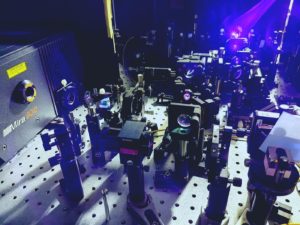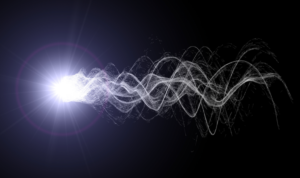 Can quantum information fundamentally change the way we perceive what is complex? In our article, “The classical-quantum divergence of complexity in the Ising spin chain,” we generalize a widely-used measure of complexity – the statistical complexity – to the quantum regime. Statistical complexity quantifies the minimal classical information we must store about a process to simulate its future behaviour. Here we construct a quantum variant of this measure, which allows for simulation using quantum mechanical systems instead. The resulting complexity measure – quantum statistical complexity – exhibits drastically different qualitative behaviour.
Can quantum information fundamentally change the way we perceive what is complex? In our article, “The classical-quantum divergence of complexity in the Ising spin chain,” we generalize a widely-used measure of complexity – the statistical complexity – to the quantum regime. Statistical complexity quantifies the minimal classical information we must store about a process to simulate its future behaviour. Here we construct a quantum variant of this measure, which allows for simulation using quantum mechanical systems instead. The resulting complexity measure – quantum statistical complexity – exhibits drastically different qualitative behaviour.
When applied to the Ising spin chain – a series of magnetically interacting spins that can each be aligned in one of two directions – this resolves a paradox in the behaviour of its statistical complexity. Our intuition is that things that are very random have little structure, and should take little memory to simulate. Yet the classical statistical complexity of a spin chain only ever increases with temperature, despite the spin orientations becoming increasingly close to being perfectly random. When we evaluate the quantum statistical complexity for this spin chain, it paints a very different picture: the quantum complexity rises to a maximum at some finite temperature then tends back towards zero for higher temperatures.
Here, a quantum perspective completely changes our conclusions about structure and complexity and brings the mathematical results closer in line with our intuition. This indicates to us that for a closer understanding of nature, we must examine it through the lens of quantum information theory.
- The classical-quantum divergence of complexity in modelling spin chains
- WY. Suen, J.Thompson, A. Garner, V. Vedral, M. Gu, Quantum 1 (25)




